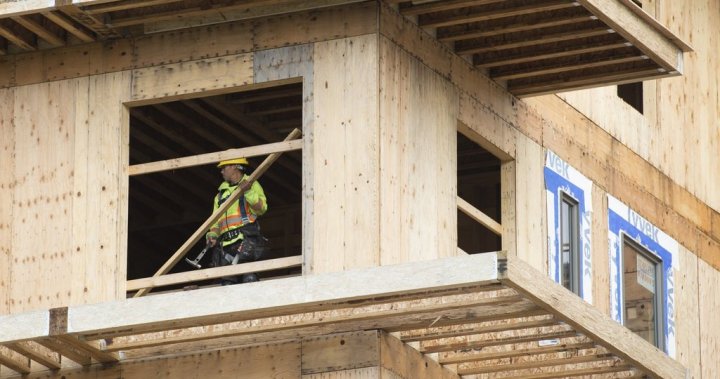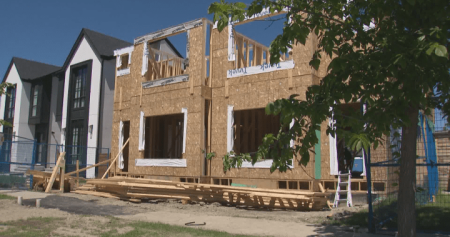2023 Annual Housing Activity in Canada Summary
The Canadian housing market showed strong growth in January, driven by a number of factors. The annual pace of housing starts in Canada rose by 3% compared to December, with multi-unit starts in Quebec and B.C. contributing significantly. Seasonally adjusted annual rates of housing starts were 239,739 units in January, up from 232,492 in December. This trend was complemented by an increase in urban starts, which also saw a 3% rise to 220,643 units in January compared with 215,052 in December. Urban starts in cities with a population of at least 10,000 increased by 7%, with the January figure at 15,930 units up from 14,883 in January 2024.
Urban areas saw rapid growth. For instance, Montréal experienced a 112% year-over-year increase in actual housing starts, while Vancouver reported a 37% rise. Both cities noted significant$
incremental growth in multi-unit starts, likely due to rising interest rates and a surge in foreign investors. InToronto, housing starts declined by 41% from January 2024, largely attributed to decreases in multi-unit starts. The annual pace of rural starts was estimated at 19,096 units.
The Canadian Housing Module and Monitoring (CHM?) Monitor, the national housing agency, released detailed insights into housing starts. Over the past quarter, the six-month moving average of seasonal annual rates of housing starts had dropped by 2.5% compared to the previous quarter, reaching 236,892 units in January. However, the agency opted to caution housing Starters on the risks associated with foreign trade tensions, particularly the ongoing U.S.-Canada trade war. The agency noted that both Canada and the U.S. are affected by currency fluctuations, particularly the dollar, which could impact the economy and commerce. Additionally, limited immigration policies and lower demand from young families could further stifle the housing market.
The agency provided a outlook for Canada’s housing market in 2025. Among other things, it predicted that in the absence of U.S.-Canada trade wars, home sales and prices would rebound, enabling buyers to afford better homes. Cultural factors, such as an improving housing buying power for high-income households in the short term, were expected to contribute to a sustained increase. However, the agency stressed that the broader industry environment is influenced by trade tensions, tariffs, and macroeconomic uncertainties. The outlook was clouded by fears that constitutive impacts could slow Canada’s economy and housing activity, even with room for the homebuilding industry to recover.
Overall, while Canada is reaping benefits from an improvement in U.S.-Canada trade relations, the agency warns that these improvements may temper the impact of ongoing trade tensions. The housing market has shown resilience in some areas, but there remain significant uncertainties in the long term. This, in turn, suggests that Canada’s housing market could face challenges in 2025 as the situation with the U.S. continues to evolve. In the coming weeks, the agency will release additional figures, impact analyses, and policy recommendations to provide clearer guidance for the housing market. The readers of this analysis wish them to stay informed as these developments unfold.










